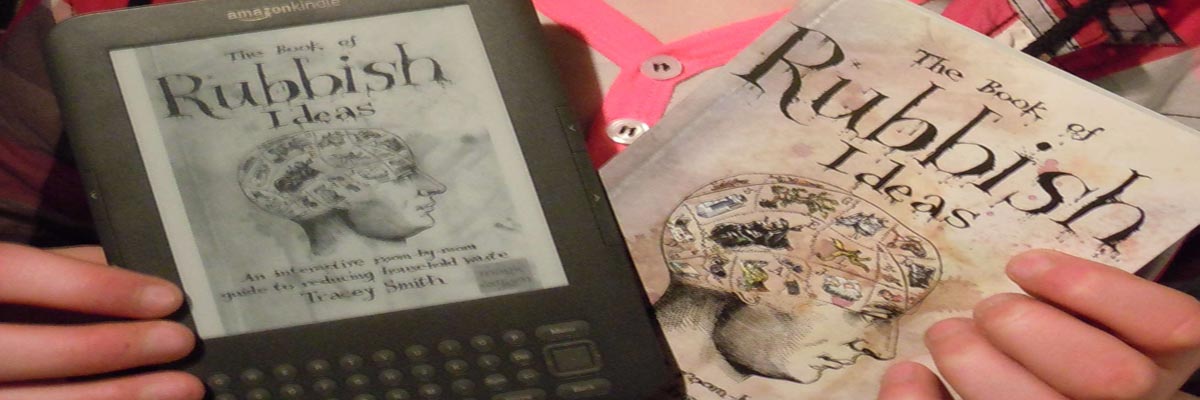Review: The Book of Rubbish Ideas
The Book of Rubbish Ideas is anything but rubbish. It is FULL of excellent tips to help eco-newbies and hard-core Greens see rubbish as a resource, cut down on waste, and save time, money and resources as a result.
Don’t be put off by the quirky cover; author, Tracey Smith, a contented downshifter, aims to take the freaky out of eco, and her book is accessible, practical and positive. There’s no holier-than-thou attitude to reusable nappies, washable sanpro and chicken-keeping; we are encouraged to ditch the guilt for what we are not doing and start feeling good about what we are doing.
Tracey takes you on a tour through the average family home, from bedroom and bathroom through to the kitchen and out into the garden, including the Usually Male Domain of shed and garage, which so often get missed out where decluttering’s concerned.
Book Reviews of Growing and Using Stevia and Stevia Sweet Recipes
I had a chance to look through two books focused on Stevia, one about growing the plant and another about using the plant to replace sugar when you are cooking. I found them to be quite interesting. While I can’t follow along with everything in the books, I can follow along with the idea that we should grow and harvest our own sweeteners, if we can. Honey, molasses, sorghum would be three good options. Planting these is a great option.
Stevia can be added to the list of plants that can be grown in your backyard and used as a sweetener. These two books will show you how. If you live in the southern part of our country this plant is one that you should be able to leave outside. If you live in the northern part you could put in a planter or two and carry them back and forth. Either way, it wouldn’t be too hard to grow some of this for yourself and remove your dependence on cane sugar. You could even go so far as to add local honey and maple syrup and have all your sweeteners be local.
If this sounds interesting to you I would check out these two books. One will give you information on growing it and the other is full of recipes. Good stuff.
1,000 dollars and an Idea-A Book Review
I enjoyed reading this book quite a bit, but I can’t say it has a whole lot of “green-ness” to it, other than the subject and author realizing he needed to change his life, making those changes, and following them up with actual cash investments. I have a business background, and I’ve read a lot of business books. Some good, some bad. This book from a business standpoint certainly has merit and has useful information and tips. I love reading about past successes and what made that person successful. Using these same traits would make you successful whatever you decide to do.
The website has a snippet which gives a great summation of this book, which is one that is hard to pin down to one subject.








